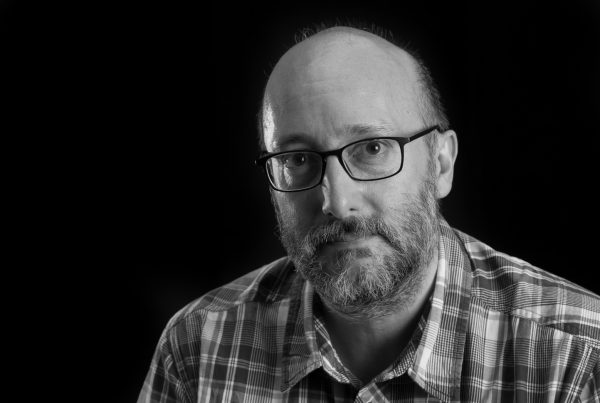I got my PhD at the University of Barcelona (UB, 1996) and afterwards, I worked at the University of Magdeburg (Germany, 1999-2002) as a post-doctoral researcher. My main topics of research are language learning, executive functions and the brain correlates of error and reward monitoring. In 2002, I got a "Ramón y Cajal" research position and afterwards I joined ICREA as a Research Professor. Since then, I have created a interdisciplinar research group (Cognition and Brain Plasticity Unit, CDBU), at ICREA-IDIBELL-UB devoted to the study of learning process and brain plasticity effects in healthy and brain damaged patients. The group is located at the Hospital of Bellvitge – IDIBELL biomedical institute. Our research is inherently interdisciplinary and requires expertise in interfacing research fields as brain plasticity, brain development and learning and memory mechanisms. Recently I was a visitant resercher at Columbia University (2018-2019).
Research interests
My recent interests have been on the cognitive neuroscience of language learning and error monitoring. I have tried to combine the use of different neuroimaging techniques (electrophysiological - magnetic resonance imaging), crucial to better understand human cognitive functions. Recently, my research has been focused on the investigation of the neural mechanisms involved when adults and infants learn a new language (an specially its interface with executive functions and the reward system). This approach has been recently applied to understand preserved learning mechanisms in aphasic people. We explored also the inherent relationship between brain structure and brain function (to which extent individual differences in white-matter connectivity constraint cognitive processing). Finally, we have focused on the possible neurorehabilitation effects of learning specific skills (music training) in stroke patients.
Selected publications
- Segura E, Grau-Sánchez J, Cerda-Company X, Porto MF, de la Cruz-puebla M, Sanchez-Pinsach D, Cerquides J, Duarte E, Palumbo A, Turry A, Raghavan P, Saerkaemoe T, Muente TF, Arcos JL & Rodríguez-Fornells A 2024, 'Enriched music-supported therapy for individuals with chronic stroke: a randomized controlled trial', Journal of neurology, 271-6606-6617.
- León-Cabrera P, Hjortdal A, Berthelsen SG, Rodríguez-Fornells A & Roll M 2024, 'Neurophysiological signatures of prediction in language: A critical review of anticipatory negativities', Neuroscience and biobehavioral reviews, 160 - 105624.
- Cepero-Escribano V, Cerda-Company X, León-Cabrera P, Olivé G, Cucurell D, Gasa-Roqué A, Gabarrós A, Naval-Baudin P, Camins A, Rico I, Fernández-Coello A, Sierpowska J & Rodríguez-Fornells A 2024, 'Can the knight capture the queen? The role of supramarginal gyrus in chess rule-retrieval as evidenced by a novel combined awake brain mapping and fMRI protocol', Cortex, 178, 235-244.
- Riemann S, van Lück J, Rodríguez-Fornells A, Flöel A & Meinzer M 2024, 'The role of frontal cortex in novel-word learning and consolidation: Evidence from focal transcranial direct current stimulation', Cortex, 177, 15 - 27.
- Segura E, Vilà-Balló A, Mallorqui A, Porto MF, Duarte E, Grau-Sánchez J, Rodríguez-Fornells A 2024, 'The presence of anhedonia in individuals with subacute and chronic stroke: an exploratory cohort study', Frontiers in aging neuroscience, 16, 1253028.
- Simo M Rodriguez-Fornells A Navarro V Navarro-Martin A Nadal E Bruna J, 2024 'Mitigating radiation-induced cognitive toxicity in brain metastases: More questions than answers', Neuro-oncology advances', 6, 1, 137
Selected research activities
French Institutes for Advanced Study (FIAS) / IMÉRA chair at the Language, Communication, and the Brain: Interdisciplinary Explorations (ILCB), Aix-Marseille University. 2024 -2025
